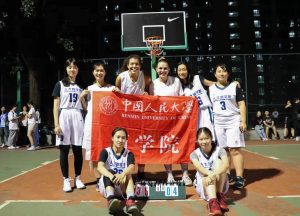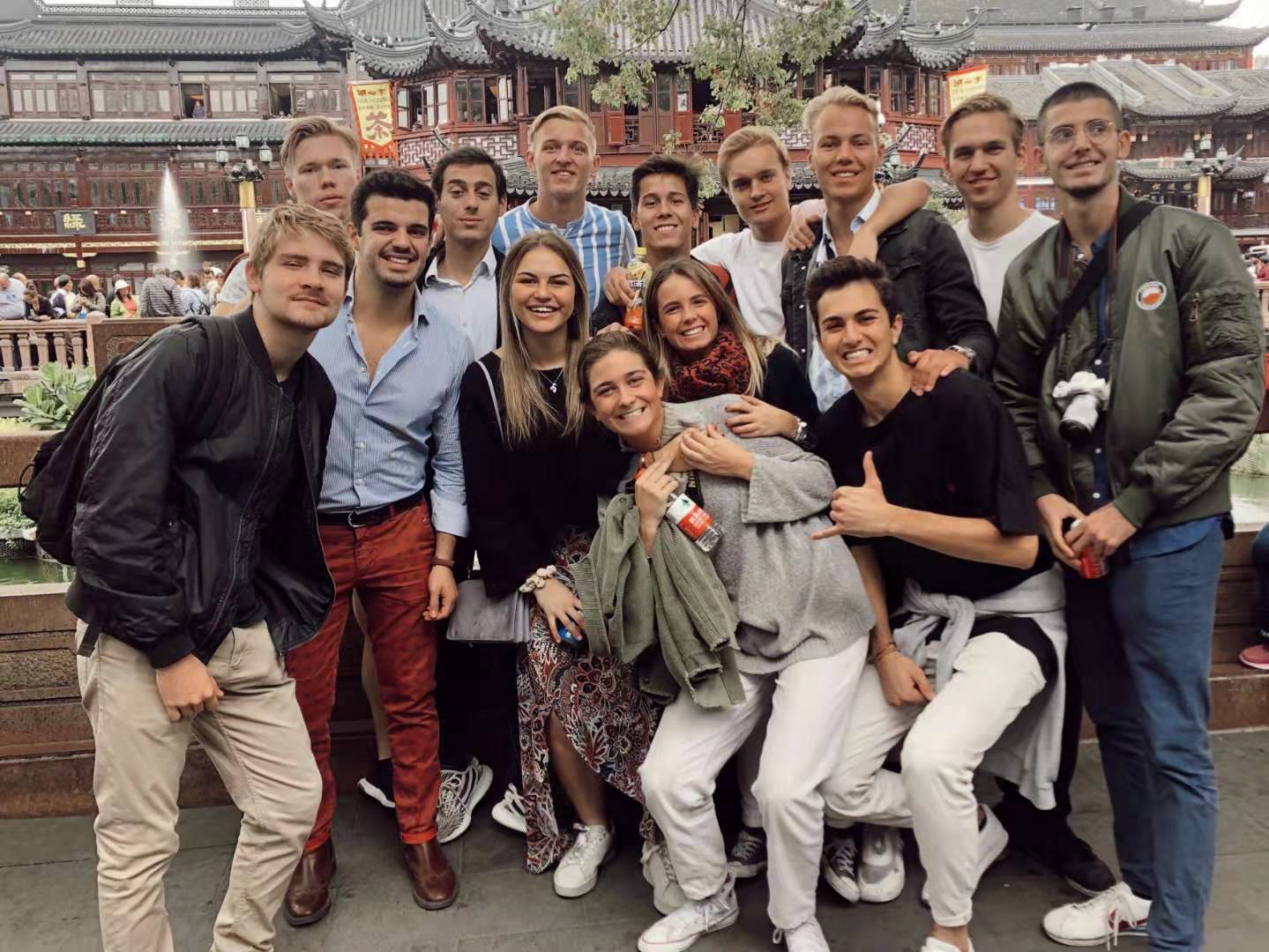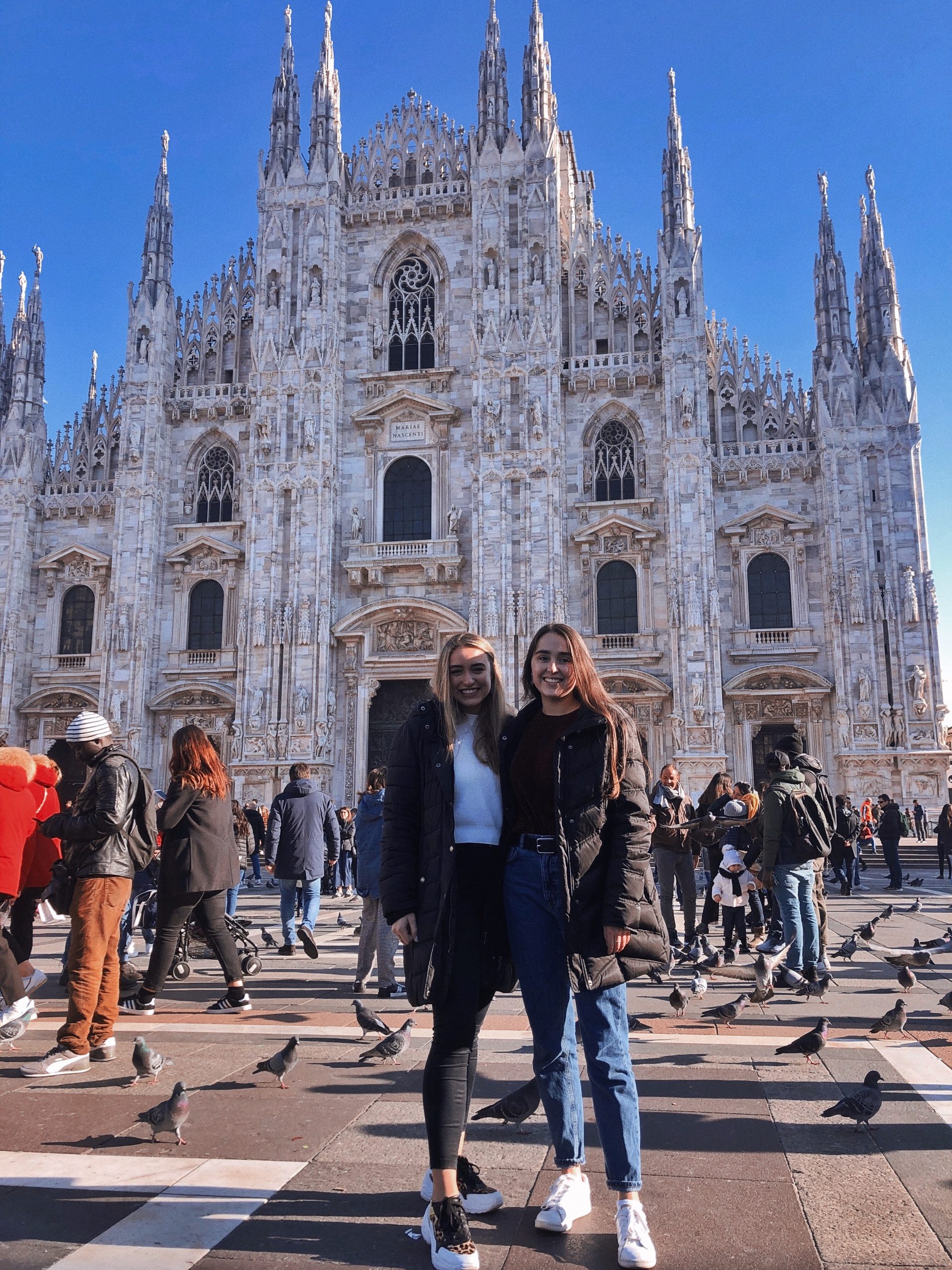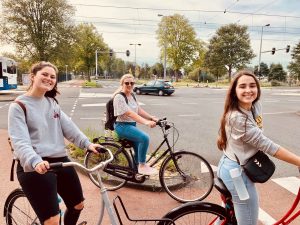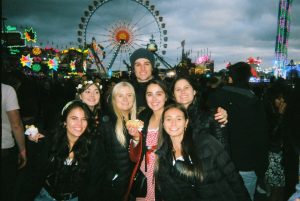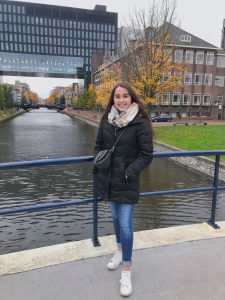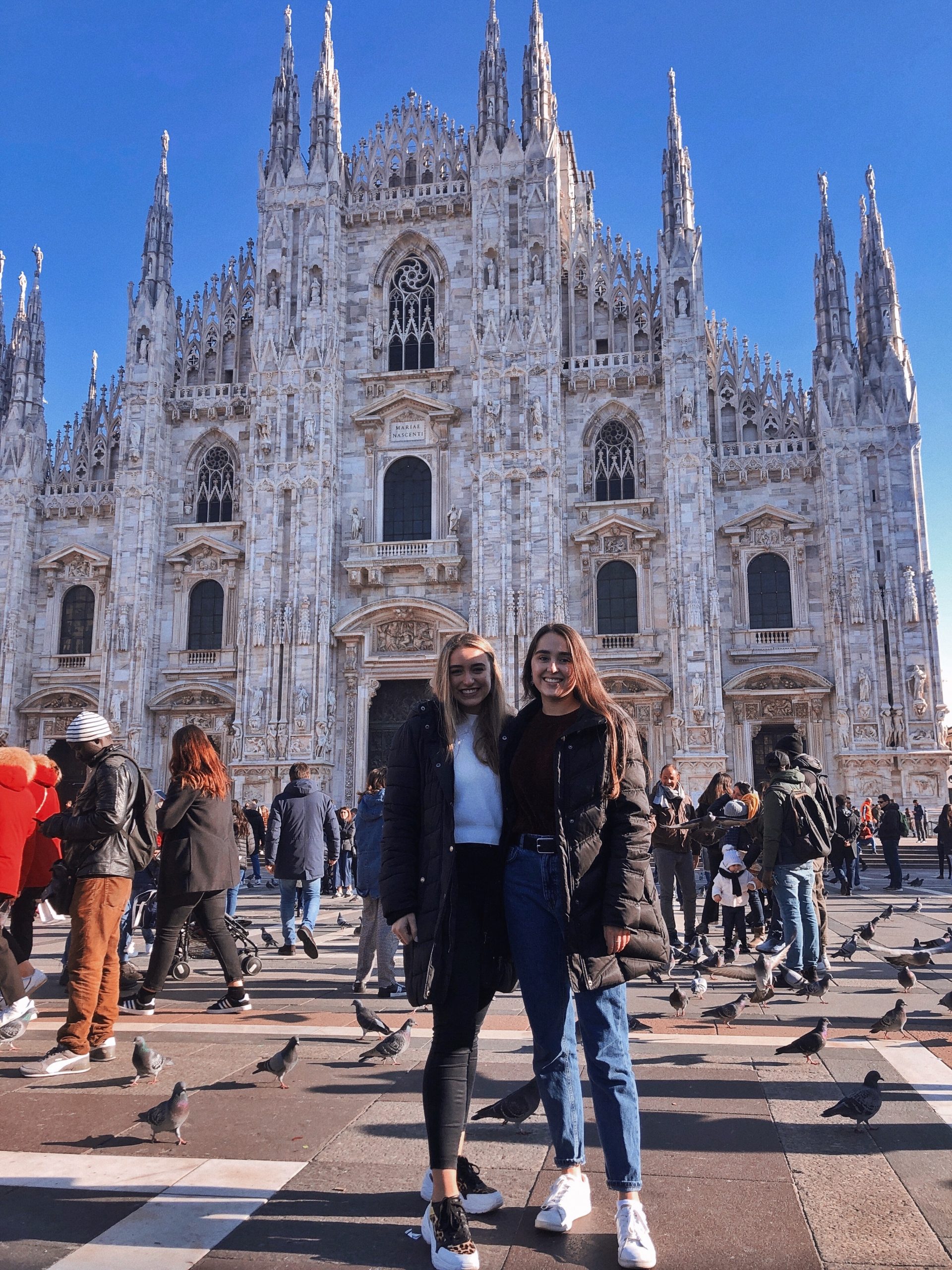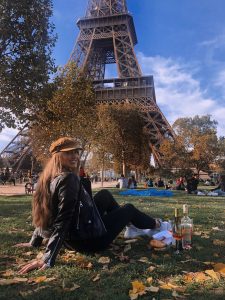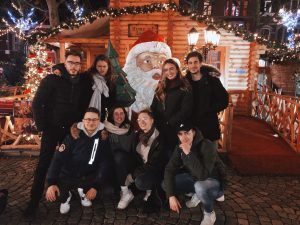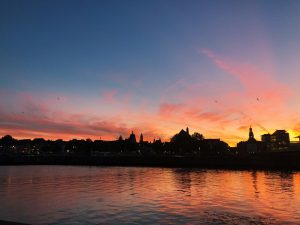Pre-Departure
Preparation is key. China is not like any other country and if you have not been there yet, you will definitely experience some culture shock. You will be extremely dependent of your phone, so make sure you have enough space/storage on your phone for all of the following apps. I recommend you download these BEFORE going to China, as you might struggle to download some of them there.
- Wechat – this will be your main form of communication and payment. China does not really work with debit or credit cards, they use WeChat pay and Alipay and occasionally cash. This app is A MUST HAVE.
- Alipay – another form of payment
- Beijing Metro – this is an app with all of the metro lines and routes, this is the easiest and cheapest form of public transportation, also very safe.
- Microsoft Bing – when your VPN does not work, this is the closest you have to Google
- TripAdvisor – not a must have but nice to have to see where the nice places in Beijing are
- Didi (The Chinese Uber) – this is the Chinese Uber, very effective and safe also
- Translating app / have a google translate shortcut
- Mobike, OFO, Meituan – you will make use of public bikes a lot, the more apps you have the easier you can get bikes, it is very cheap and very effective.
- Taobao / JD – this is the ebay/ take-a-lot of China, super cheap and super-fast delivery. Everything is in Chinese though, so you will have to get a Chinese friend to help you.
- VPNs – have at least 3 or 4 VPNs on your phone, China blocks apps like Whatsapp, Instagram etc. I would recommend ExpressVPN, you have to pay for it but it is most reliable.
In terms of packing, I am going to give my advice as a girl, so this might differ for guys, and will probably be easier for them. If you use any chronic medication, take enough supplies for the time that you are there. I recommend taking things like pain medication, flu medication and other basic medicine, because it is a real struggle to get medicine in a pharmacy because of their lack of English and they only use traditional medicine, which some people do not prefer. All of the foreigners I met here struggled with their stomach the first month, because the food is quite a big adjustment for your stomach. If you are gluten sensitive or have a sensitive stomach, come prepared with the correct medication!
China does have brands like Nivea, Pantene and other popular brands that we have in SA, so do not worry about taking all your toiletries for the 6 months. But for girls, I would recommend taking your sanitary products if you have enough space in your luggage, because it is quite expensive in China and also difficult to get “normal” ones. Other basic things to remember are plug adapters and a portable charger (if you have one, because the VPN’s really drain your phone battery). If you have the opportunity to learn some Chinese before you go to China, DO IT. Beijing, unlike Shanghai, is not very accommodating to foreigners. The people in Beijing speak very little to no English and it can be very difficult to get by if you don’t understand any Chinese. Shanghai on the other hand is more international and accommodating.
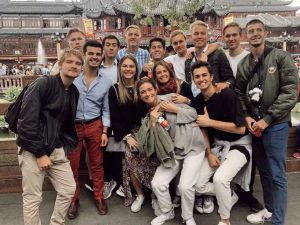
Experience at the Host University
I did my exchange semester at Renmin University of China’s Business School. It was an amazing experience, but not what I expected at all. They have a complete different approach to academics than Stellenbosch University, and this took some time getting used to. You will do a lot of presentations and “small tests” and projects like we are used to at Stellenbosch. The difficulty level was lower than I expected, which allowed for a lot of traveling during the semester. However, class attendance is compulsory, and just because the difficulty level is not as high, doesn’t mean you won’t have to put in some work!
I was really lucky to have met the most amazing group of friends while I was on this exchange. Most of them were also exchange students from different countries. I came to China expecting I was going to make a lot of Chinese friends, but Chinese people are extremely shy and don’t feel comfortable talking to foreigners as most of them are not confident speaking English. So be aware of this when coming to China, nothing is wrong with you or them, it is just their culture.
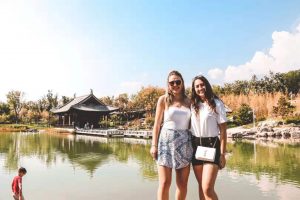
Do as much traveling and sightseeing as you can in the beginning of the semester before all the deadlines and exams start! China has so many amazing places to see (make TripAdvisor your best friend), and it is really easy to travel on a low budget by staying in hostels (make use of hostelworld.com) rather than hotels. China also has a bullet train which makes traveling between cities really easy, cheap and fast! Make a list of the places that you want to see before going and try to prioritize seeing those places first, because time really does fly when you are on your exchange and before you know it you are on your way back!
As mentioned, the language barrier can be a very big problem if you cannot understand or speak any Chinese! However, there are many local people on campus who are willing to trade English speaking classes for Chinese speaking classes! Make use of this opportunity, take my advice on this, it will make your life 10 times easier in China if you can understand even just the basics. I also experienced that Chinese people are more willing to help or assist you in stores or when you are lost when you are trying to speak Chinese to them. If you ask for help in English the chances are they will walk away because they don’t understand you. If you ask for help in broken Chinese, doesn’t matter how wrong it is, they will usually try their best to assist you even if it is just with hand signs. You will gain a lot of respect for speaking or trying to speak Chinese.
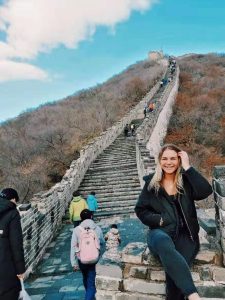
Return to Stellenbosch
Reverse culture shock IS A REAL THING.
Coming back to Stellies has been bitter-sweet, more sweet than bitter though! The first week or two is extremely overwhelming because you will be asked the same question 10 times a day, “How was the exchange!?”, and they will expect you to summarize the experience in one sentence, because the reality is, they only want to know if it was good or bad, they don’t want to know everything. This can be extremely frustrating and a big anti-climax. You just (hopefully) experienced the best few months of your life where you saw so many things and grew so much as an individual while meeting the most interesting people, while most of the people at home just went on with their normal lives and routines. Unfortunately this means that they won’t necessarily share in your excitement and relate to any of your stories. This is neither their fault nor yours, and it is extremely important to be aware of this before even going back to SA. It helps so much to keep contact with the people you met there or the other International Business students that went on exchanges because you will be able to relate and talk about your experiences.
In terms of academics; haha wow. As I mentioned before, the difficulty level in China was not very high, so it was a very big academic shock being back in Stellies and adapting to the heavy workload and difficulty level. It is however manageable, and you get used to it quickly.
Coming from China, which was extremely safe and I never experienced any problems in terms of crime and safety, back to South Africa, was probably one of the most difficult adjustments. In China I was dependent of public transport and got use to not being overly cautious when walking alone, etc. It has been difficult to adjust my mind-set to be more aware and careful. When you are abroad you sometimes forget about all of the bad things happening in South Africa, because you miss the good things so much.
One of the most important things I have had to focus on is maintaining my self-growth. I experienced a lot of self-growth while on the exchange, so coming back to an environment where the people around you have mostly stayed in the same mental space as they were before, can be very difficult. That’s why it is so important to make a conscious effort to keep growing and not to regress and fall into your old ways of doing things.
This exchange is one of the best things to have ever happened to me, it changed and broaden my perspectives on so many different levels.
